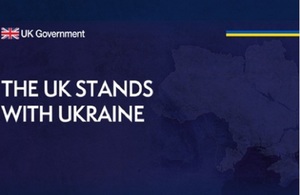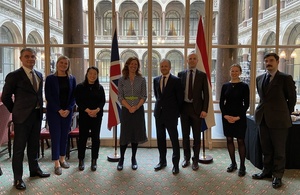Contingent liability expertise
The Contingent Liability Central Capability (CLCC) is an analytical and advisory unit within UK Government Investments (UKGI).
The CLCC has been established to strengthen contingent liability expertise across government by improving the overall ability to manage the government’s portfolio of risk from contingent liabilities.
This complements the existing support the Government Actuary’s Department (GAD) provides to government departments on financial risks, including contingent liabilities.
What is a contingent liability?
A contingent liability represents a government commitment to possible future expenditure if specific adverse events occur.
Some contingent liabilities are loan guarantees where government agrees to pay the debts of a third party if they default. An example is the Export Development Guarantee scheme run by UK Export Finance.
Some other contingent liabilities include indemnities (protection similar to insurance) where government agrees to cover costs such as clinical negligence claims against NHS GPs.
The role of the CLCC
The CLCC team has a diverse skillset brought in by actuaries seconded from GAD, credit risk experts, policy professionals and analysts.
The team’s main areas of focus are to:
- provide departments with expert and timely analysis of proposed and existing contingent liabilities
- build a database to collate information, review, and report on the government’s overall portfolio of contingent liabilities
- provide guidance and promote best practice across government
The team has also set up a network of contingent liability practitioners across Whitehall. The Contingent Liability Advisory Network provides a regular forum for discussing common issues.
Advice and support on contingent liabilities
Departments are encouraged to come to the CLCC with all issues related to new contingent liabilities, with early engagement particularly helpful for the team.
The CLCC will either be able to provide advice directly or they will signpost you to GAD when our support is required.
The CLCC works very closely with GAD, and is designed to complement, rather than replace, GAD’s existing support to departments.
Next steps
In the next few months, the CLCC will:
- conduct projects with selected departments to review their existing stock of contingent liabilities
- continue to provide advice and support on new contingent liabilities
- build on its network to share case studies and best practice
Get in touch
If you would like to discuss any contingent liability issues or would be interested in participating in the Contingent Liability Advisory Network, email: CLCC@ukgi.org.uk. You can also contact GAD at: enquiries@gad.gov.uk.

